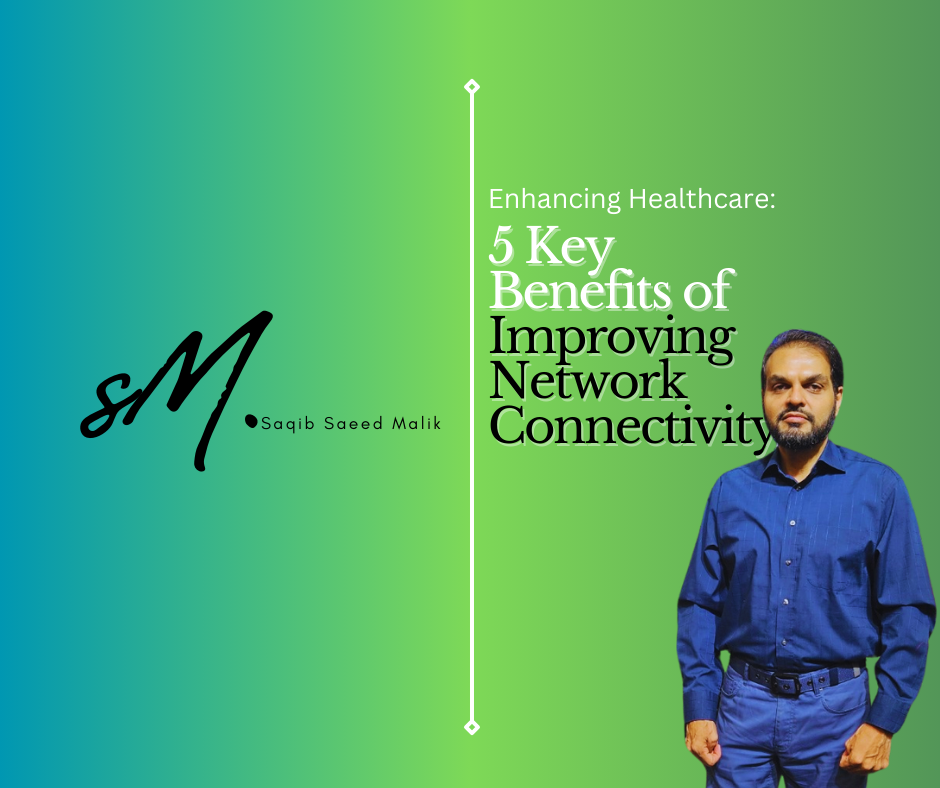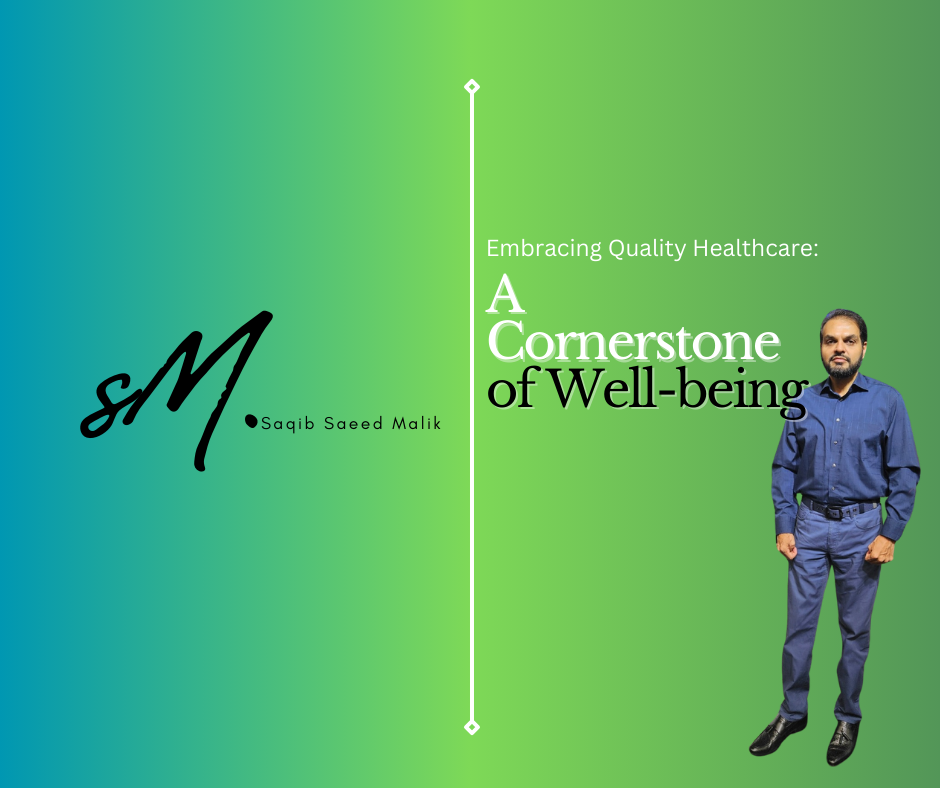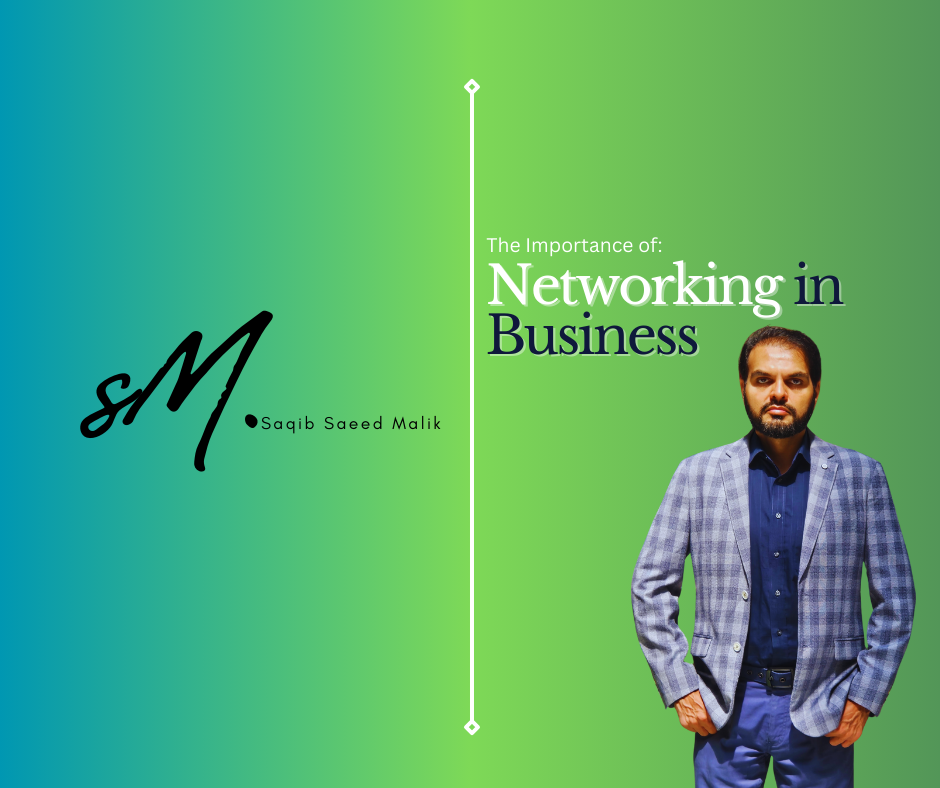In today’s rapidly evolving healthcare landscape, the importance of seamless network connectivity cannot be overstated. As technology continues to advance, the integration of robust network systems plays a pivotal role in enhancing patient care, streamlining operations, and driving innovation. From remote patient monitoring to real-time data exchange, the benefits of improving network connectivity in healthcare are profound and far-reaching.
Let’s delve into five key advantages that underscore the significance of this technological evolution:
1. Efficient Communication and Collaboration: With enhanced network connectivity, healthcare professionals can seamlessly communicate and collaborate across different departments, facilities, and even geographical locations. Whether it’s consulting with specialists, sharing critical patient information, or coordinating care plans, reliable network infrastructure fosters efficient communication workflows. This leads to faster decision-making, improved care coordination, and ultimately, better patient outcomes.
2. Remote Patient Monitoring and Telehealth Services: The rise of telehealth services has transformed the way healthcare is delivered, particularly in remote or underserved areas. By leveraging robust network connectivity, healthcare providers can remotely monitor patients, conduct virtual consultations, and deliver timely interventions. This not only improves access to care for patients but also reduces healthcare costs and minimizes the burden on physical infrastructure.
3. Enhanced Data Accessibility and Interoperability: In today’s data-driven healthcare ecosystem, interoperability is paramount for ensuring seamless data exchange across disparate systems and platforms. Improved network connectivity facilitates the integration of electronic health records (EHRs), medical devices, and other health IT systems, enabling healthcare providers to access critical patient information whenever and wherever needed. This not only improves clinical decision support but also enhances care coordination and patient safety.
4. Scalability and Future-Proofing: As healthcare needs evolve and technological innovations continue to emerge, scalability and future-proofing become essential considerations for healthcare organizations. Investing in robust network infrastructure allows healthcare providers to adapt to changing demands, scale their operations efficiently, and seamlessly integrate new technologies. Whether it’s deploying IoT devices, implementing AI-driven analytics, or adopting advanced telemedicine solutions, a solid network foundation forms the backbone of innovation in healthcare.
5. Improved Patient Experience and Satisfaction: At the heart of every healthcare initiative lies the goal of enhancing the patient experience and satisfaction. Improved network connectivity plays a pivotal role in achieving this objective by enabling personalized care delivery, reducing wait times, and empowering patients to actively engage in their health management. Whether it’s accessing medical records online, scheduling appointments seamlessly, or receiving timely reminders and notifications, a connected healthcare ecosystem enhances convenience and empowers patients to take control of their health journey.
In conclusion, the benefits of improving network connectivity in healthcare are manifold, ranging from enhanced communication and collaboration to improved patient outcomes and satisfaction. As healthcare organizations continue to embrace digital transformation, investing in robust network infrastructure will be crucial for navigating the complexities of the modern healthcare landscape. By leveraging advanced technologies and fostering a connected ecosystem, we can usher in a new era of healthcare excellence where access, efficiency, and quality of care converge to improve lives and transform communities.
Saqib Saeed Malik,
Managing Director of Nazmed SMS Sdn Bhd






